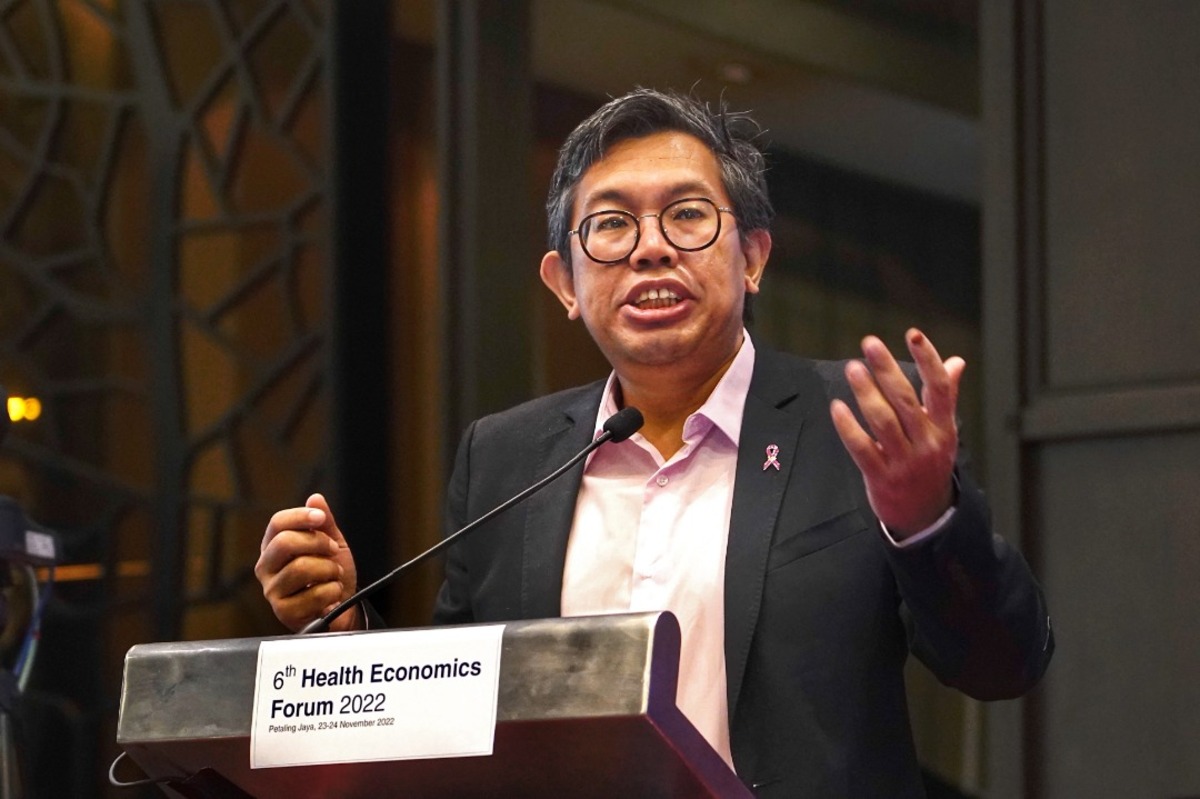KUALA LUMPUR, March 29 – The Galen Centre for Health and Social Policy today criticised a proposal to exclude liquid or gel nicotine from control under the Poisons Act 1952 that it said ran contrary to public health.
Galen Centre chief executive Azrul Mohd Khalib described the proposal that is set to be discussed by the Poisons Board later today as a “shocking development”.
“As of today, there is already no existing regulation on vape. In the absence of the proposed Tobacco and Smoking Control Bill, there is currently a massive gap in the existing legislation regarding the marketing and sale of products containing nicotine, specifically vape and e-cigarettes,” Azrul said in a statement.
“By removing nicotine from the scheduled list of controlled substances and no alternative or replacement regulation, this move would remove any possibility of even attempting to regulate the nicotine content of these products. Cheap vape disposables containing high concentrations of liquid nicotine will flood the market.”
The Poisons Board is expected to discuss the proposal to drop nicotine, currently classified as a Group C poison that can only be dispensed by medical practitioners or pharmacists, to enable the taxation of vape products with nicotine.
“The solution to overcoming opposition and controversy presented by the Tobacco and Smoking Control Bill should not be to remove nicotine altogether from being regulated under this legislation. It does not make sense and is against public health priorities,” Azrul said.
“If the government is serious about regulating and taxing vape and e-cigarettes, it should drop this proposal and look instead to tabling and passing a revised version of the Tobacco and Smoking Control Bill.”
Under the 14th Parliament, MPs on both sides of the divide had criticised the generational end game (GEG) proposed in the tobacco bill that proposed to ban tobacco and vape products for anyone born from 2007.
Health Minister Dr Zaliha Mustafa has yet to table the revised tobacco bill in the current Dewan Rakyat meeting that will end next Tuesday.
Azrul pointed out that the nicotine content for vape products available in Malaysia is among the highest in the world, at 3 to 5 per cent concentrations, compared to the maximum strength of 2 per cent permitted in other countries like the United Kingdom, Europe, the United States, and Indonesia.
“Vape disposables with 5 per cent nicotine are easily available in this country for RM10 to RM20. You cannot get these in most countries which regulate and tax vape. Removing nicotine from the scheduled list, will exacerbate the problem of nicotine addiction in Malaysia.
“Vape and e-cigarettes are part of this problem. Vapers find that though they may have stopped smoking cigarettes, their addiction has transferred to e-cigarettes and vape. Some will be dual users, where they smoke both tobacco and e-cigarettes.
“Stop smoking clinics are already seeing patients who are both smoking cigarettes and vaping. The age of those becoming newly addicted to nicotine through vape, are also getting younger. Children as young as 10 are becoming newly addicted to nicotine.”








